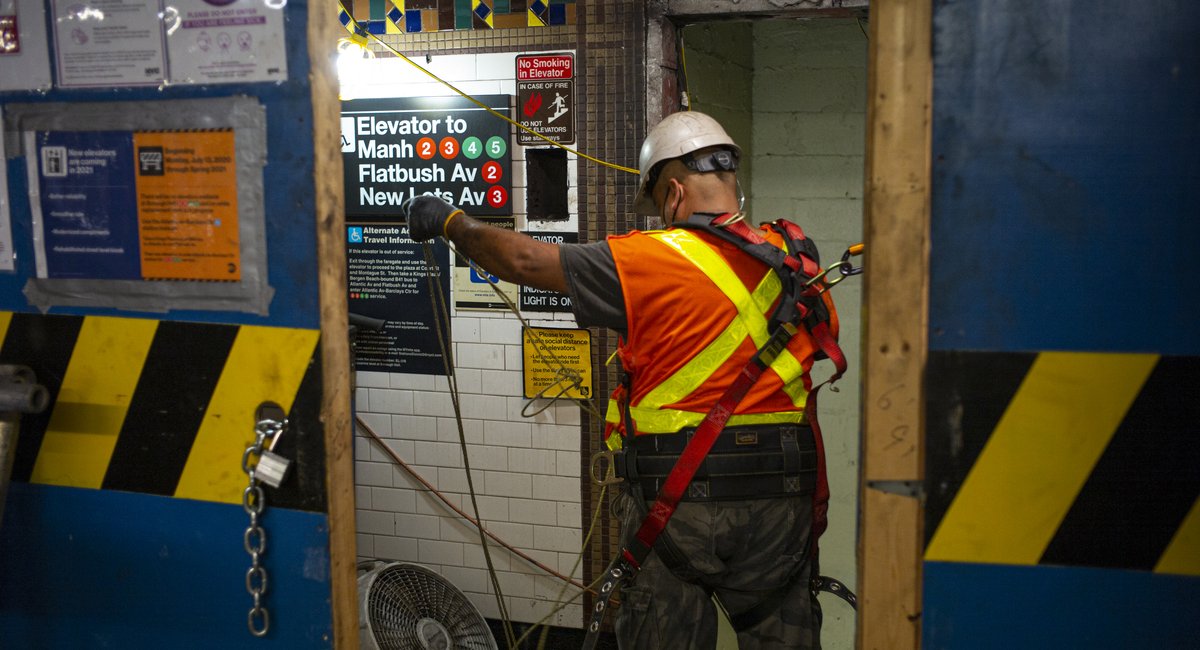The state’s top fiscal watchdog is warning that the MTA’s need for construction projects and maintenance may be bigger than the agency’s wallet will allow.
In a report released on Thursday, state Comptroller Thomas DiNapoli estimated that the MTA’s next five-year capital plan, which is expected to be released this month, could cost as much as $92.2 billion. And that doesn’t include the $15 billion hole in the agency’s current capital plan caused by Gov. Kathy Hochul’s order to pause congestion pricing.
The MTA’s capital plans, which are released every five years, lay out a laundry list of construction projects designed to either keep the agency’s mass transit infrastructure running or expand service. The next plan, which will run from 2025 through 2029, could include money for the proposed Interborough Express light rail line between Brooklyn and Queens, an expansion of Penn Station, as well as dozens of subway accessibility projects. It could include a new order of subway cars to replace the 50-year-old trains currently running in the system, as well as new, modern buses.
“The choices made in the next capital plan will reverberate for New Yorkers in the region for years to come, impacting comfort, safety, reliability and frequency of the system,” the comptroller’s report said.
The report estimated the capital plan could cost as little as $57.8 billion, and urged the MTA to save money by prioritizing essential maintenance work that keeps the existing transit system operational over the construction of new lines like the Interborough Express.
The MTA’s current capital plan, which runs from 2020 through 2024, came with a $51.5 billion price tag when it was released in 2019, but the figure has since grown to $54.8 billion.
DiNapoli pointed out that state lawmakers not only need to figure out how to fill the hole in the current plan left by Hochul’s congestion pricing pause — but also how to fund the next one.
“The analysis finds that the MTA will likely have more in needs, including system improvement and expansion, than funds available,” DiNapoli wrote.
A funding shortfall would harm the city’s mass transit service, according to the report.
“While a slowdown in investment would not be a new phenomenon for the MTA, it would have compounding effects on the system’s state of good repair and services provided over time,” the report stated.
DiNapoli suggested that the state go back to its familiar sources for the MTA, and floated a slew of tax hikes to meet the agency’s funding needs. He said increases to the state’s internet sales tax, payroll mobility tax, corporate franchise surcharge, petroleum business tax and mansion tax should all be on the table.
Even with all those hikes, the comptroller said the state may need to come up with another new tax to cover the MTA’s construction costs.
“We appreciate this serious analysis from the comptroller, and intend to lay out a detailed capital plan this month that will follow the same needs-based approach taken in his report,” MTA spokesperson John McCarthy wrote in a statement.
